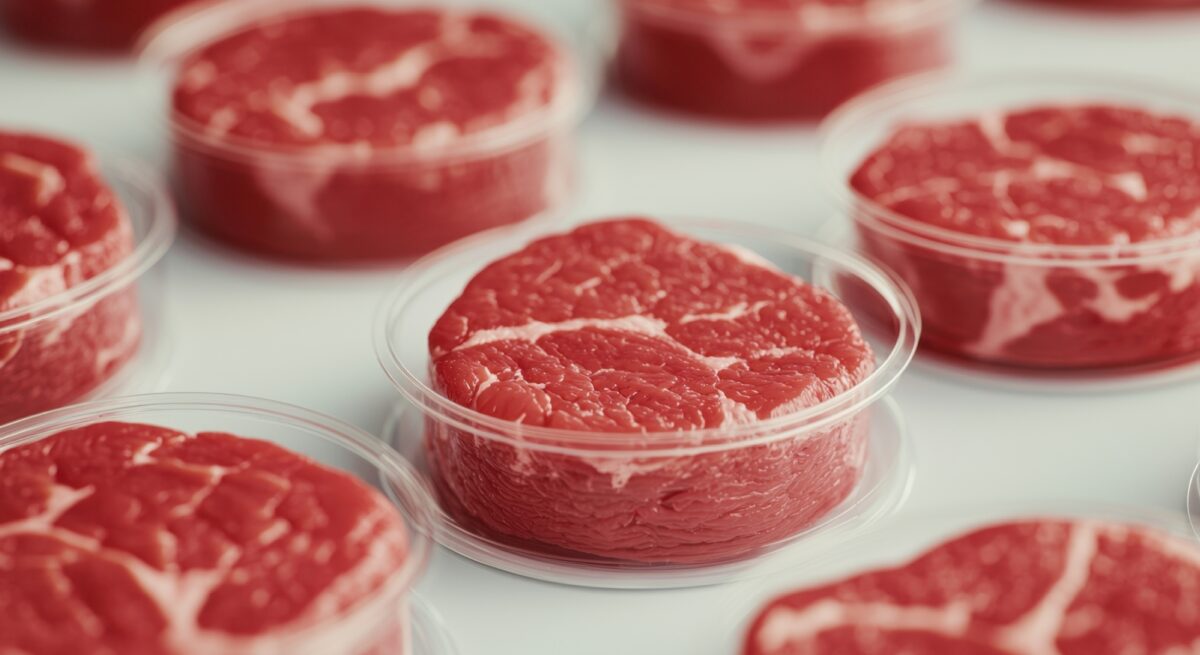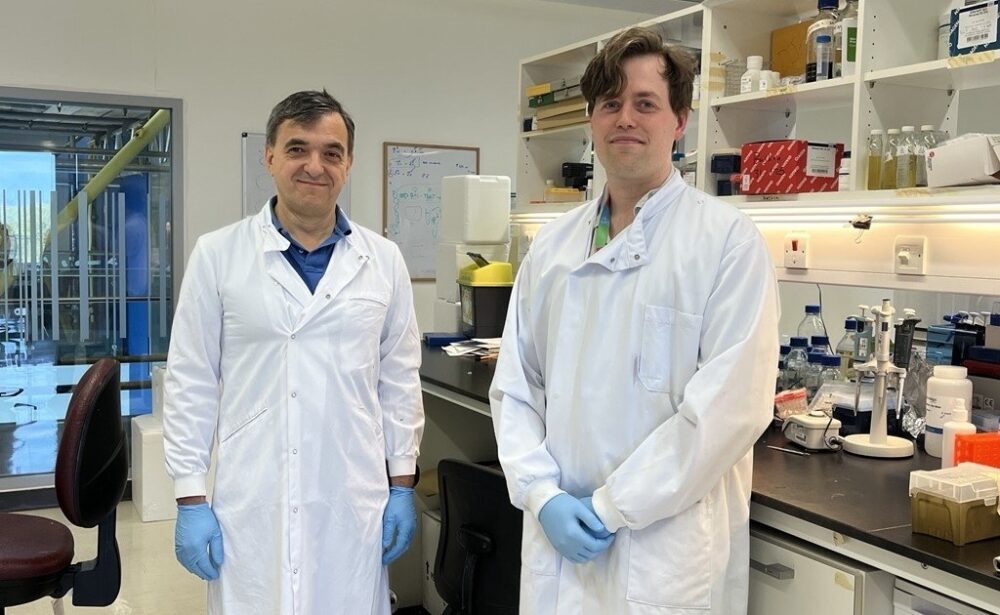
Pig fat cell production could transform lab-grown meat development, with rare combination of reliable and stable cell growth.
A source of fat cells from pigs has been developed in the lab, offering scientists and food manufacturers a promising tool for the large-scale production of cultivated meat without the need for genetic modification.
In a new paper, researchers from the University of Edinburgh’s Roslin Institute showed the novel cell line was capable of efficiently producing fat tissue with remarkable consistency.
The development could address the challenge of generating realistic, sustainable animal fat, a significant hurdle in the cultivated meat industry.
The cells, known as FaTTy, are formed from early-stage stem cells which develop into fat, and can grow indefinitely in the lab without losing the ability to reliably produce fat cells.
In contrast, most other animal stem cells quickly lose this capability, making large-scale use impractical.
Findings show that the fat produced closely resembled native pig fat in its composition, with slightly higher levels of healthier monounsaturated fats.
This discovery represents a significant step forward in a global market estimated to grow by between $5 and $30 billion by 2030.
Ethical advantage
The outcome helps meet the need for fat as a key component in delivering the flavour and texture that consumers expect from meat without actually involving animals.
Engineering fat for lab-grown meat at scale has so far proven difficult, especially when trying to avoid genetic modifications or animal-derived additives.
The Roslin team sought to grow stem cells derived from five piglets, and discovered that cells from one of the piglets were able to reproduce virtually indefinitely without the need for gene editing.

Industry potential
The cell line is being shared with academic researchers and industry to support further work in cellular agriculture and fat biology.
Dr Tom Thrower, lead researcher at the Roslin Institute, said:
We didn’t simply develop a tool, we made a very special discovery. The fact that these cells not only grow indefinitely but also retain their ability to become fat at such high efficiency is something we have never seen before in livestock stem cells. It opens the door to new possibilities in cultivated meat and beyond. ”
Principal Investigator Professor Xavier Donadeu added:
These fat cells have the potential to be a game-changer by helping to produce cultivated meat that feels and tastes like traditional meat, whilst being environmentally and ethically sustainable in the longer-term. Future applications could include feeding astronauts in space, for example. ”
Dr Susan Bodie, head of business development for the College of Medicine and Veterinary Medicine at Edinburgh Innovations, the University’s commercialisation service, said:
We already have considerable interest from companies looking to work with us on this proprietary technology and would encourage others to get in touch with Edinburgh Innovations. Tools like this may help introduce fat cells to improve taste and realism of meat grown in labs in both an ethical and reliable way. ”